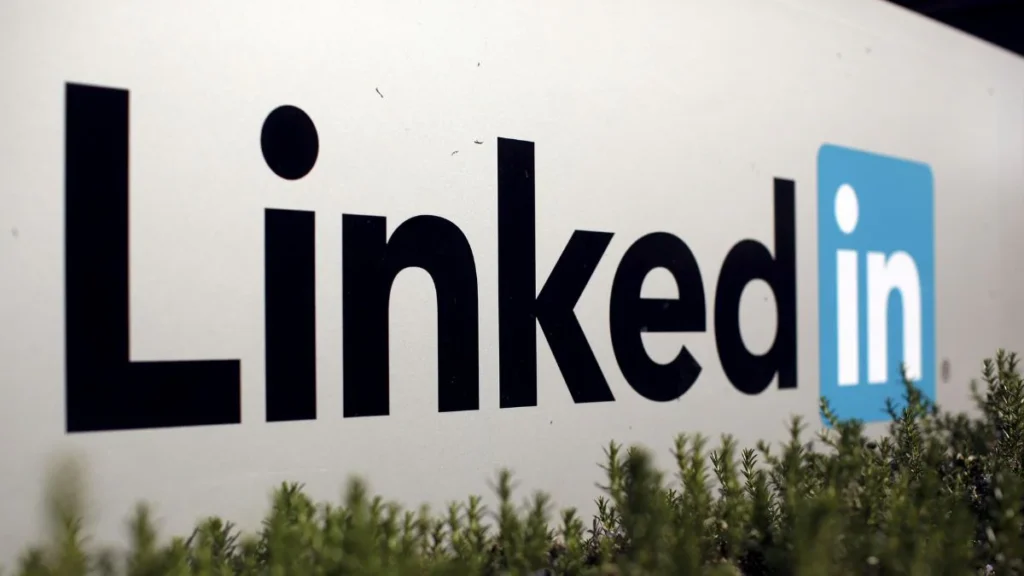LinkedIn Offered Opt-Out for Data Scraping, But Prior Terms Allegedly Lacked Transparency
LinkedIn Criticized for Scraping User Data Without Prior Notice; Updates Policy After Backlash
LinkedIn, the professional networking site owned by Microsoft, has come under scrutiny for allegedly scraping user data to train generative AI models without first notifying users. According to reports, the company updated its terms of service only after concerns arose, making users aware of their data being used for AI purposes. However, even after this policy update, LinkedIn continues to automatically opt users in for data scraping unless they manually change their settings to opt out. This automatic opt-in approach has triggered widespread criticism, with many netizens taking to social media to express their discontent with LinkedIn’s practices.
Updated Terms, but Opt-Out Burden Falls on Users
The recent policy update from LinkedIn clarified that the scraped data is being used to train AI models for features such as writing suggestions and post recommendations. Yet, the company has placed the onus on users to find the new option within their settings to opt out. This has sparked frustration among users, many of whom feel that opting into such data collection should be a transparent process from the beginning. Critics argue that the company’s failure to adequately communicate this practice beforehand is a violation of user trust, further fueling the backlash.
404 Media Exposes LinkedIn’s Practices
The controversy was first brought to light by 404 Media, which reported that LinkedIn had been scraping user data before its updated policy acknowledged this practice. According to the report, many users were unaware of how their data was being utilized until they noticed a newly added option in their account settings related to data training for AI. Users who discovered this option shared their findings online, contributing to a larger public debate about data privacy and AI ethics on platforms like LinkedIn.

LinkedIn Joins Growing List of Companies Using User Data for AI Training
While LinkedIn is now facing backlash, it’s not the first tech company to use user data for AI training. Meta previously acknowledged using publicly available user posts to train its Llama models, and Google updated its own policies last year to clarify that its AI models, including Gemini, are trained on public web data. Despite this growing industry trend, LinkedIn’s situation stands out because of its delayed transparency. Many feel that the company’s decision to begin collecting data before informing users is particularly troubling.
The Debate Over Consent and Data Use in AI
The use of personal data for AI training has raised significant concerns across industries, with the focus largely on consent and transparency. While platforms like LinkedIn are increasingly incorporating AI-driven features to enhance user experience, critics argue that users should be given clear and early notifications about how their data is being used. LinkedIn’s failure to preemptively disclose its data scraping activities has now placed the company in the middle of this ongoing debate, with calls for more stringent data protection measures.
Future Implications for Data Privacy on Professional Networks
The LinkedIn controversy underscores broader questions about data privacy, especially on platforms that cater to professional users. As more companies integrate AI features into their services, users are increasingly wary of how their data is collected and processed. LinkedIn’s response to the current backlash will likely set a precedent for how professional networks handle such concerns in the future, as users demand greater control over their personal information in an era where data is becoming the backbone of AI-driven services.

















